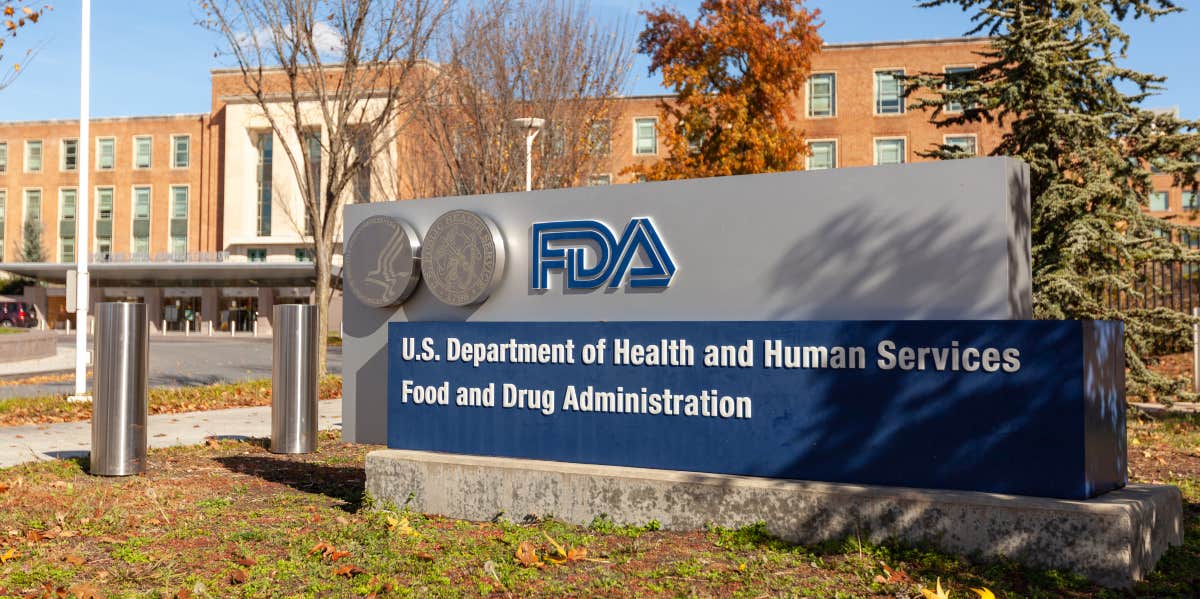FDA Approves Mail-Order Abortion Pills — But It May Not Be The Win Advocates Are Hoping For
"The FDA's decision . . . did not come a moment too soon."
 grandbrothers / Shutterstock.com
grandbrothers / Shutterstock.com As the fight against Texas’ restrictive abortion law and the war on womens’ rights across the US rage on, the FDA has decided to take matters into their own hands.
On Thursday, the Food and Drug Administration announced that patients no longer had to go and pick up abortion medication in person and could, instead, get it mailed to their homes.
The FDA is making medicated abortions much more accessible than before — but not without problems.
The move seems to come off the back of all the attacks being made to dismantle the abortion rights of women across the country — the restrictive state bills from places like Texas and Mississippi to the Supreme Court’s potential overturning of Roe v. Wade.
Things are looking pretty grim for the rights of women as a result of the Republican wave of dissent, but the FDA has come at just the right time to deliver a small blow to the right-wing.
"The FDA's decision eliminating its unnecessary in-person requirement did not come a moment too soon," ACLU attorney Julia Kaye said in a statement after the FDA's announcement.
The two-pill process to terminate a pregnancy has become the most prevalent approach to seeking out abortion for women and will become the next battlefield of sorts for those who wish to see it fall.
"This question about abortion inducing-drugs is really kind of the next phase of the fight over abortion," said John Seago, the legislative director of Texas Right to Life.
Unfortunately, red states are already on the move to fight the new loosening of restrictions and many states already have laws that restrict that access to medicated abortions.
These pills do not replace the need for safe and accesible abortion procedures.
19 states already have prohibitions in place that effectively ban the use of telemedicine for medicated abortion, undermining whatever the FDA is trying to do.
However, this effect, which was trialed during COVID due to inabilities to appear in person, will largely affect those blue states that were unlikely to challenge abortion rights in the first place.
While it’s an action that should have been taken regardless, the need for Roe v. Wade and the existence of these restrictive state legislations still need to be at the forefront of the fight.
Not only that but there are several studies that show the harsh adverse effects that medicated abortions could have on people who take them.
One study took the Adverse Event Reports (AERs) submitted to the FDA from September 2000 to February 2019 and analyzed them using the National Cancer Institute's Common Terminology Criteria for Adverse Events.
“Out of 2660 codable U.S. AERs, 20 were Deaths, 529 were Life-threatening, 1957 were Severe, 151 were Moderate, and 3 were Mild,” read the report.
This means that out of those who did experience adverse events, a large majority of them were severe or worse — potentially threatening lives or resulting in death.
According to a study done by Planned Parenthood, this is a significantly small portion of the people who do use medicated abortion, but the general consensus is that medicated abortion carries a much higher risk than surgical abortions.
While the access has been increased and restrictions have been loosened, all it does is emphasize the importance of abortion rights for women.
Isaac Serna-Diez is a writer who focuses on entertainment and news, social justice, and politics. Follow him on Twitter here.

